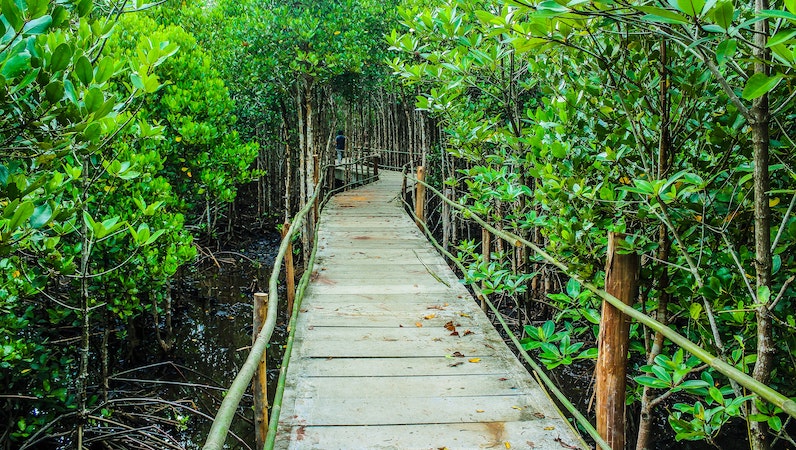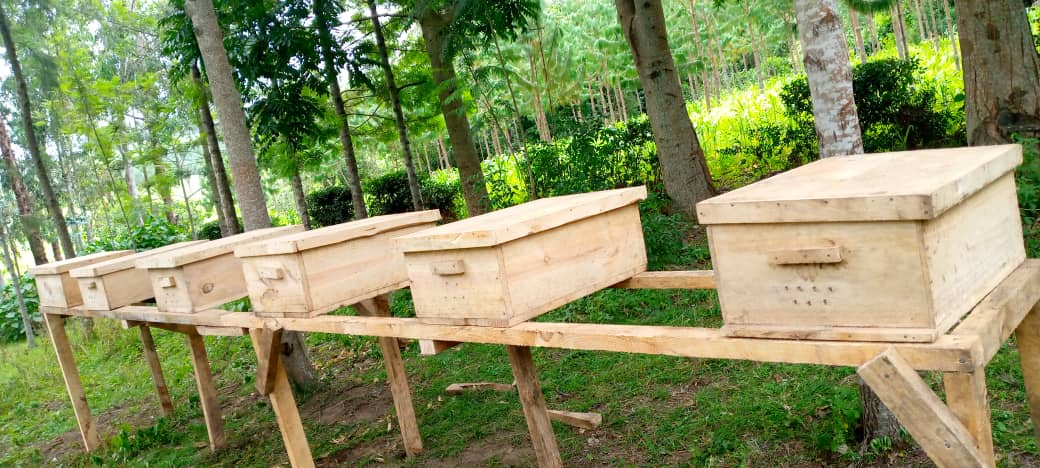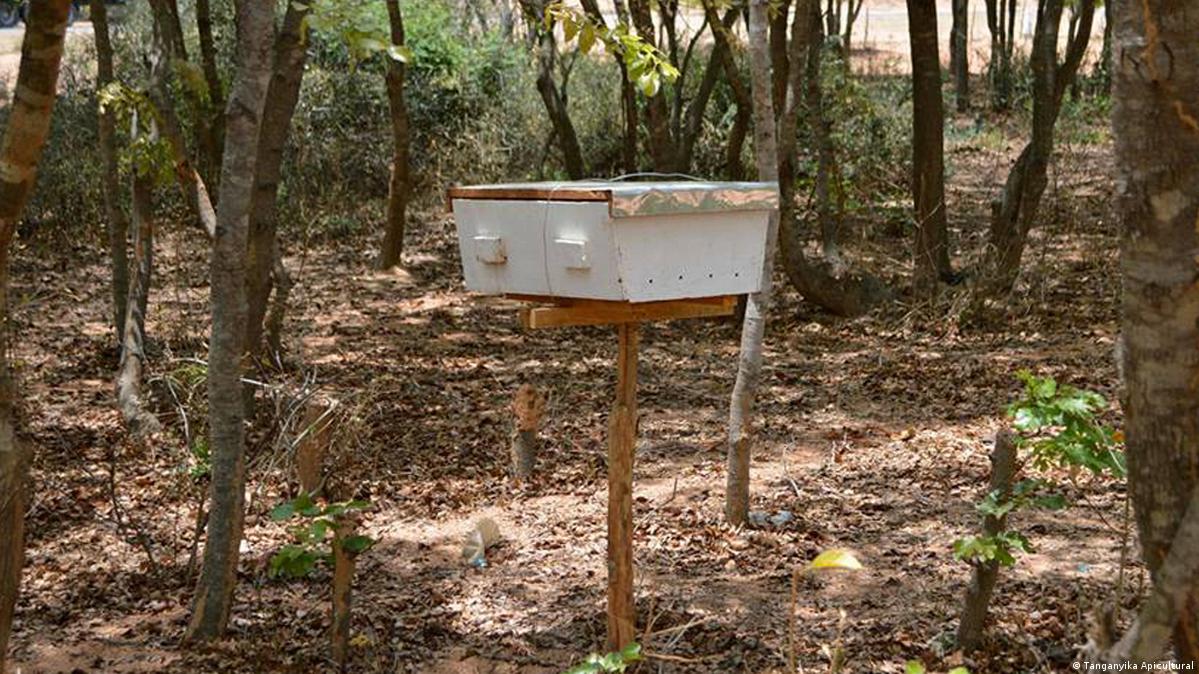Commercial forestry in Tanzania has emerged as a significant sector contributing to economic growth, sustainable development, and environmental conservation. With its vast forest resources, diverse tree species, and favorable climatic conditions, Tanzania has the potential to establish a thriving commercial forestry industry that balances economic interests with environmental stewardship.

The country’s forests are rich in valuable timber species, including mahogany, teak, rosewood, and eucalyptus. These species are in high demand both domestically and internationally for their timber quality, durability, and aesthetic appeal. Commercial forestry operations in Tanzania focus on sustainable timber production, reforestation efforts, and ecosystem conservation.
The government of Tanzania has recognized the importance of commercial forestry and has implemented policies and regulations to promote sustainable practices. The Forest Act and Forest Regulations provide a legal framework for forest management, timber harvesting, and the establishment of forest plantations. The goal is to ensure that timber extraction is done responsibly, minimizing negative impacts on biodiversity and the environment.
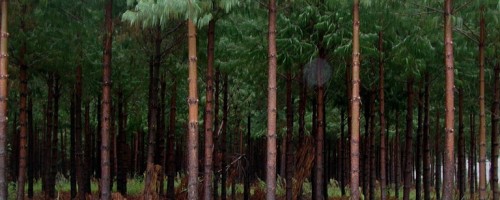
Commercial forestry operations in Tanzania vary in scale, ranging from large plantations managed by companies to smaller private or community-based initiatives. Large-scale plantations are often established for timber production, supplying both domestic and international markets. These plantations follow sustainable management practices, including rotation cycles, replanting, and the use of certified seeds to maintain productivity and biodiversity.
Small-scale commercial forestry initiatives involve private individuals or local communities who engage in timber production as an income-generating activity. These initiatives often focus on sustainable harvesting of indigenous tree species, reforestation efforts, and agroforestry practices. They contribute to rural livelihoods, employment opportunities, and the diversification of local economies.
Commercial forestry in Tanzania also plays a crucial role in environmental conservation and ecosystem services. Forest plantations and well-managed timber harvesting help to mitigate deforestation and promote reforestation, reducing soil erosion, protecting watersheds, and maintaining biodiversity. Additionally, commercial forestry contributes to carbon sequestration, helping to combat climate change by absorbing and storing carbon dioxide from the atmosphere.
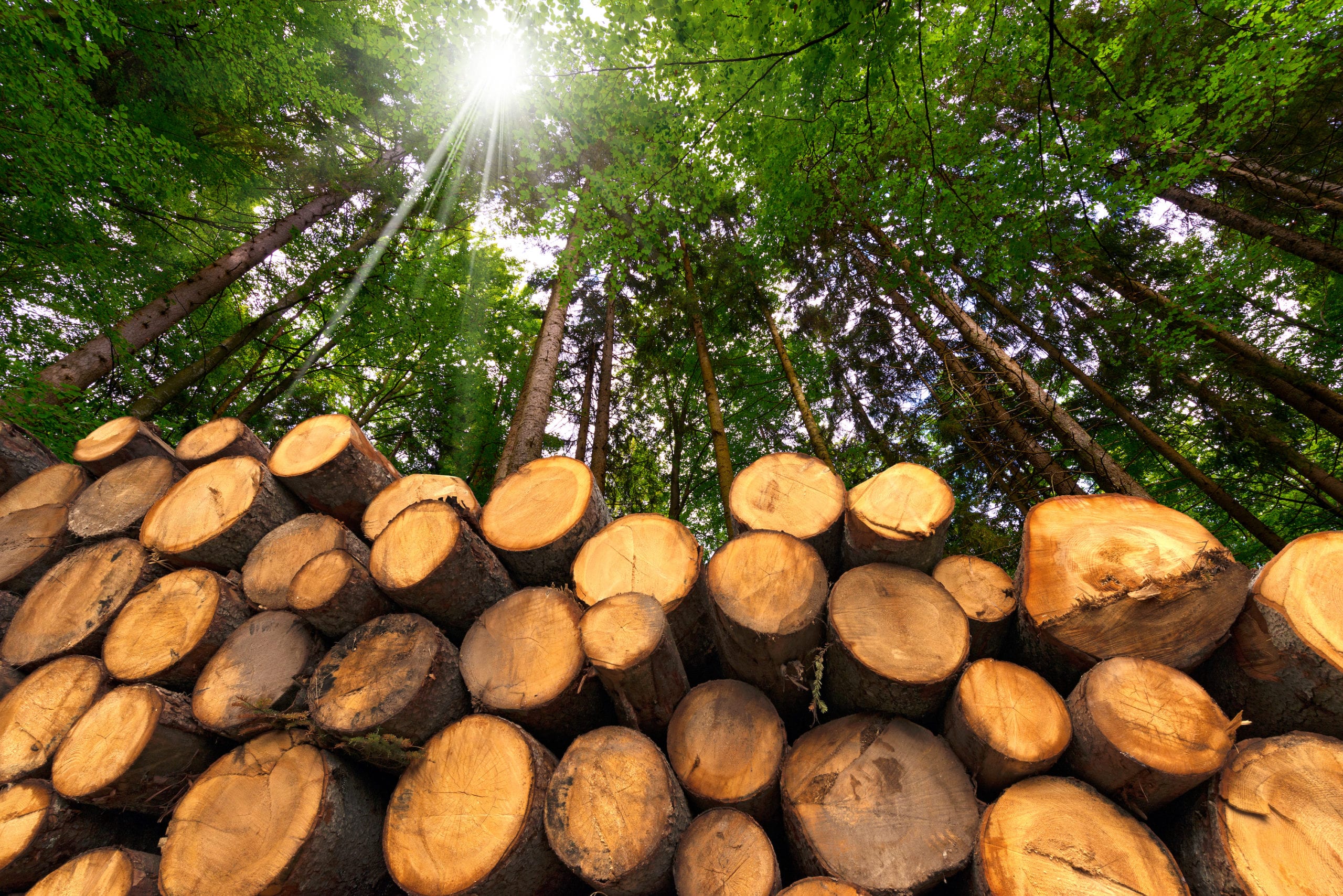
To support the growth of the commercial forestry sector, Tanzania has established research institutions, such as the Tanzania Forestry Research Institute (TAFORI), to provide scientific knowledge, technical expertise, and innovation in forest management practices. These institutions conduct research on tree species, silviculture techniques, pest and disease control, and sustainable forest management, aiding in the development of best practices for the industry.
Challenges exist in the commercial forestry sector, including illegal logging, inadequate enforcement of regulations, and limited access to financing and markets for small-scale producers. Addressing these challenges requires strengthened law enforcement, capacity building for stakeholders, and increased investment in infrastructure and value-added processing facilities.


